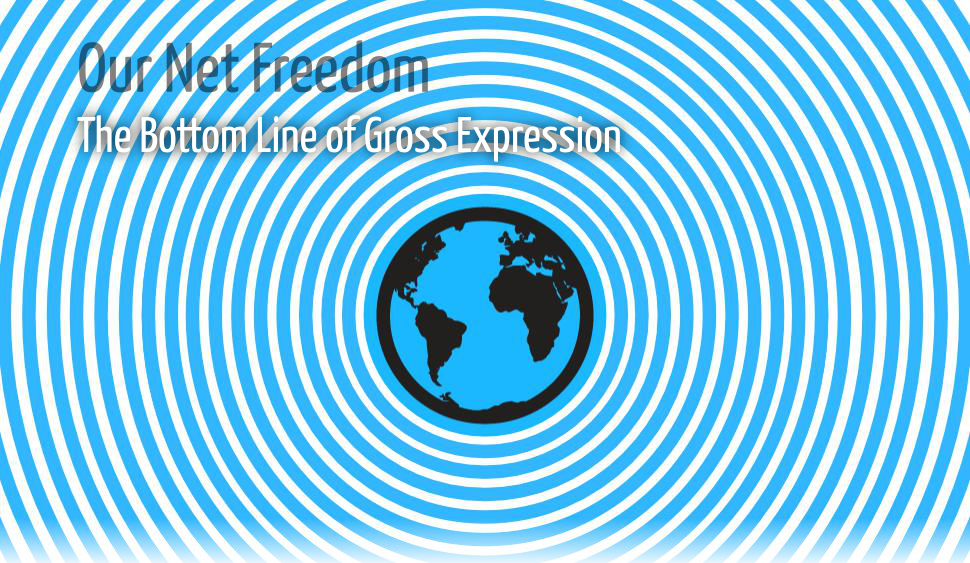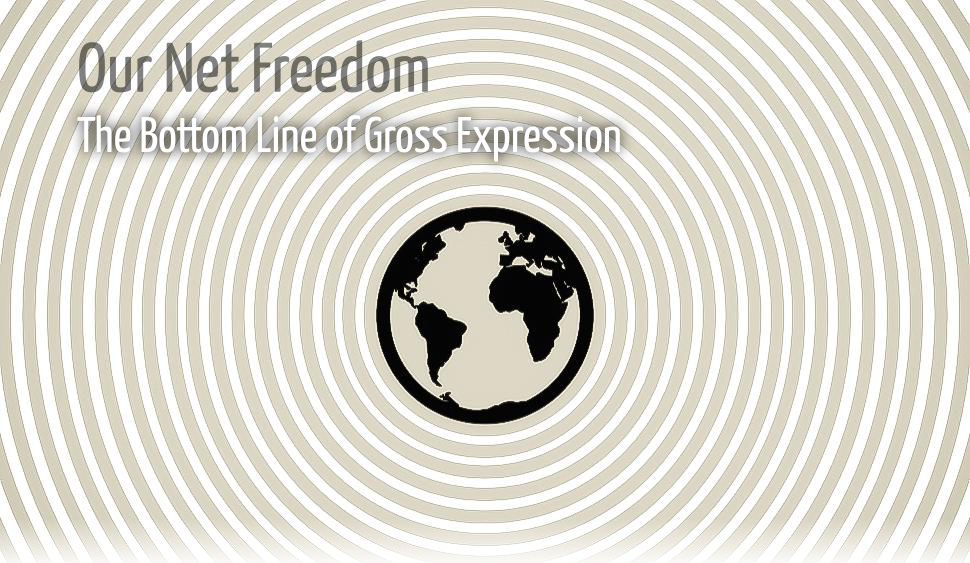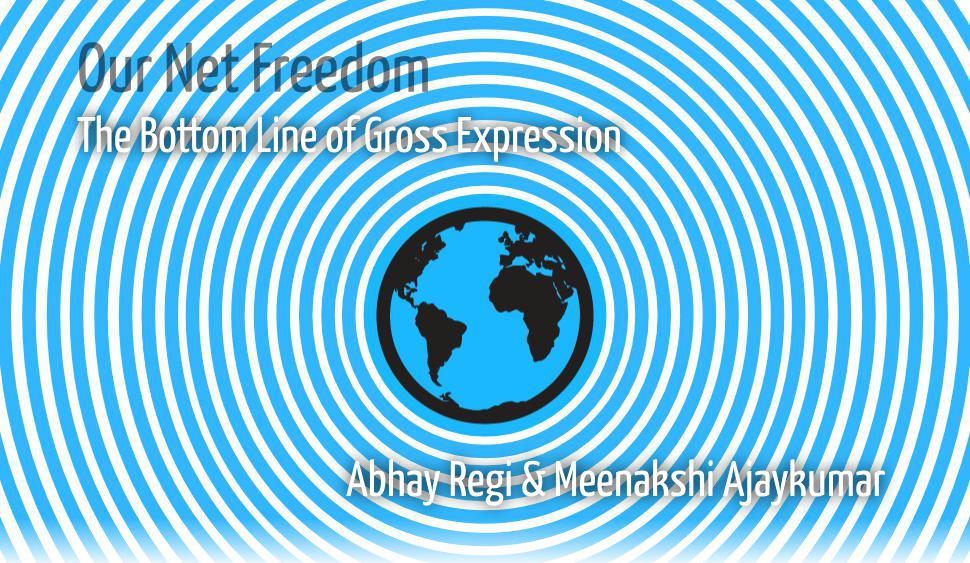
Every civilisational era has witnessed its developments in communication and technology, propelling humanity into an enigmatic cycle of wonderment, idealism and censorship, moving alongside any attempt to bring the world together. The internet, like every other medium that has come before it, changes not just the way people create, distribute and exchange information, but the information itself. It is probably the most operational, double-edged sword in history. For instance, while it inspired and facilitated the revolutionary miracles of the Arab spring, it also led to the censorship and reversal of fortunes for the Muslim Brotherhood after the military coup in Egypt.

The formative power that a tool like the internet has on people makes everything, from the information-driven State to fringe organisations vying for attention, seek a foothold on the web. The problem herein is that these agencies do not fight on an equal platform. The commonest understanding of the internet is that it is in some sense a very leveling playfield. The replacement of Friendster by MySpace, and then by Facebook, makes it seem that change and innocent shifts in the balance of power are always possible. It seems quite unimaginable for any platform but the Internet to give more space to a pop-singer than the world’s youngest head of State, and that too one who wields nuclear capacities, as it has come to be in North Korea. This unpredictability and viewer choice make an uncensored internet seem a surprisingly democratic space. Taken to the furthest extent, this ideal is framed in all calls for access to the internet as a fundamental human right.
But, how free is the internet? First, we must focus our attention on the smallness of the world that accesses the internet. A UN report says, at the end of 2014, more than 60% of the world’s population was still unconnected. Even starker is what emerges from the comparisons of connected populations between developing and developed ones, the percentages being 32 and 78 respectively. So, we might have to admit that a fully democratic internet can belong only to certain awe-inspiring ideologies that are often espoused by the cream of our societies. Further, we should understand how different worlds commingle on the internet. As a Thamizh, the web I access is different from the one a Spanish speaker views. We visit different websites, news portals and fundamentally subscribe to different understandings of the world. So, even in spaces like the internet, the fundamental barriers of communication exist, and no amount of translation will ever make me comfortable in terms of understanding, consuming and adapting a heated Spanish argument, as a Spanish speaker would do. This means that a seemingly open internet is formed of various compartments, each expressing its own ideology and culture.
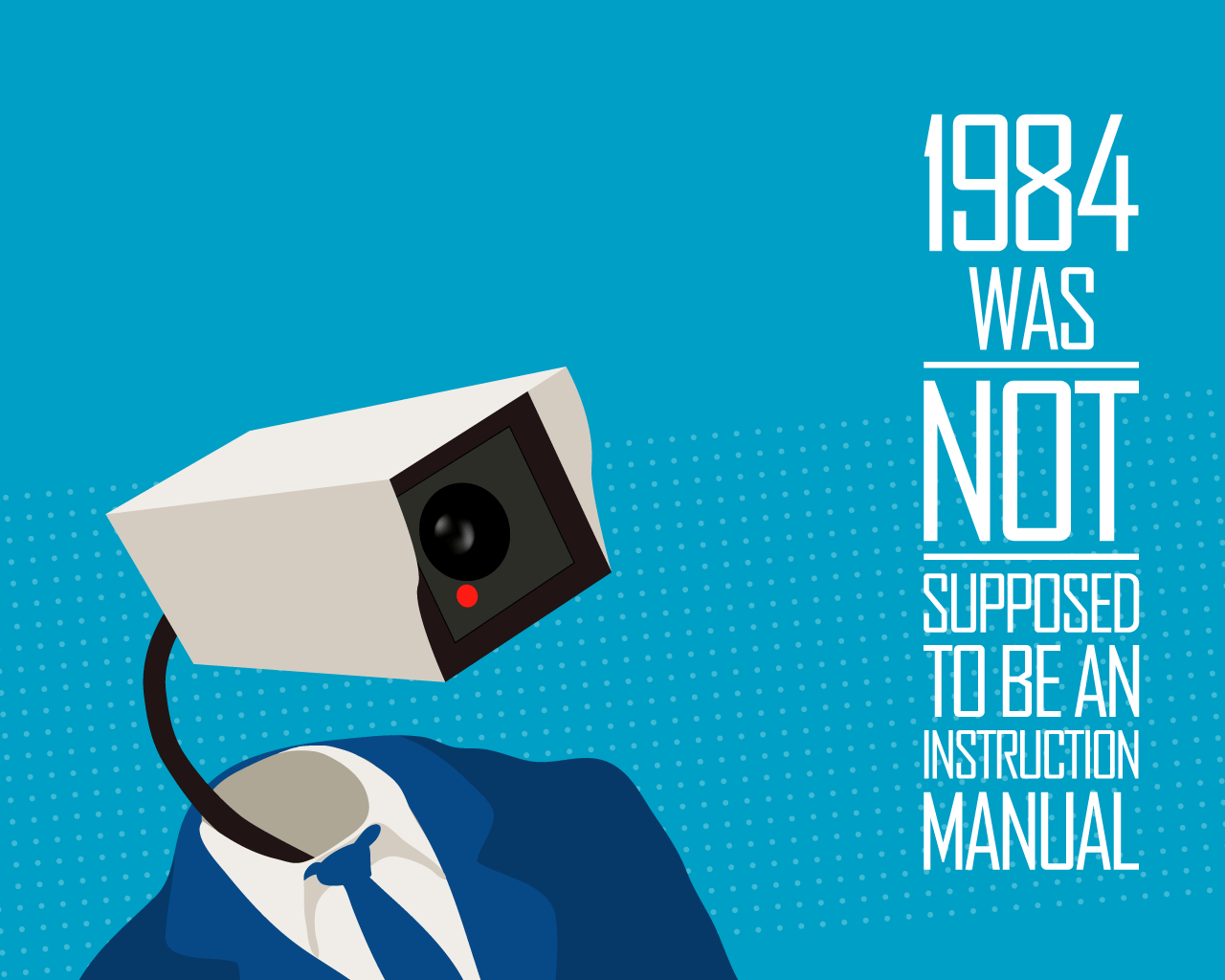 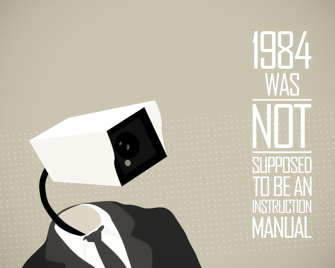 Orwell and the easy fantasy of an all-powerful censorship
The uncensored internet is far from the free haven it is portrayed as, with ideological, linguistic and finally, and most manifestly, economic dominances built into it. Our question here is how censoring has affected this space by further limiting its choices. Censoring is not as baseless a tool as it is made out to be. We must understand the long socio-historical processes that have constructed the censorship laws of today, and understand them historically. At different junctures, censorship has not just been a top-down delivery, but one that at least a certain part of the civil society has actively called for. The very fact that debates about the line between censorship and civility exist means that at least in this regard, the State is just one active player and not the all-powerful censoring entity that Orwell has birthed in our minds.
As individuals, most of us definitely recognise at least the lowest common denominator of expression that would be justifiably censorable, say, a statement celebrating killing or calls for large scale damage. But the tool of censorship has been grossly misused over the past years. Censorship in countries around the world has been used tactically to strike down political and social opposition, undermine cultural minorities and give free reign to successful political majorities. In this regard, it is central to the inability of most modern states to move into truly cosmopolitan cultures and polities. This, however, pales in comparison to yet another use of censorship, which is to hide the sheer depravity and utter failure of the State in certain regards. States that have massively overstepped their sanctioned powers and have ignored or directly attacked fundamental human rights use censorship in last ditch attempts to hide their actions, and not come to terms with them, due to the many intricacies of contemporary realpolitik. An evidence of this is available in Orhan Pamuk’s arrest for talking of the Armenian Genocide as it insulted Turkishness.
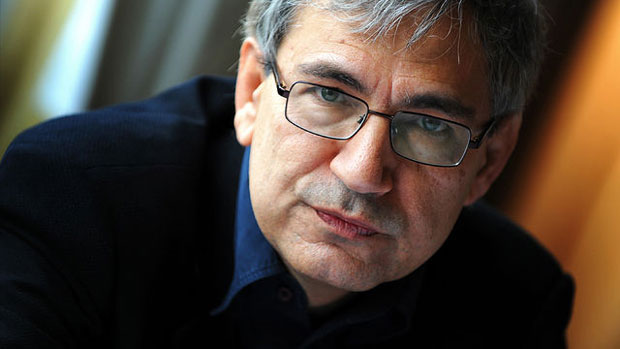 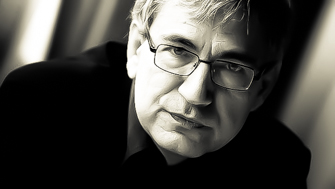 Orhan Pamuk
This last situation is probably the saddest result of our context, where moderate and thinking political leaders are nowhere to be found. A reality closer to home shows a government censoring all media houses, including international agencies, at the time of a State-Tribals conflict, as it happened during the 2012 Assam violence. One cannot avoid mentioning Kashmir here, where the government holds red-switches for the complete shut-down of internet in the J&K state, a regular intervention so that no word gets out of the state. This was seen especially in March 2014, when the Indian state did not want separatists to address the UNHRC that was in session.
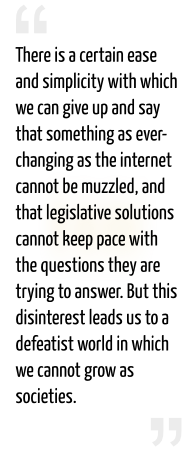
I am, in this regard, going to make a status-quoist argument, because it is often the toughest to make. The amount of power that is given to censoring agencies and the ease with which this can be misused is gross. But this should not put us off the concept of censorship as a whole. A modicum of censorship is necessary for the running of any society, whether legal or simply social, coming with the very idea of the social contract we live with. Even if government censorship does not exist in a world where ideology and culture can spread so quickly, norms and taboos will be quick to rise, and they can be far more hazardous than any blanket ban of the government. We must also not shy away from the fact that the speed of the internet and its ever-changing nature demand of us, as a society, to adapt and change with it, and keep social regulations awake at all times. There is a certain ease and simplicity with which we can give up and say that something as ever-changing as the internet cannot be muzzled, and that legislative solutions cannot keep pace with the questions they are trying to answer. But this disinterest leads us to a defeatist world in which we cannot grow as societies. Only regular re-estimations of censorship, and constant public debates, will lead to a normalised arena for us to live in. That alone will help us develop as a society that regularly grows alongside technology, that is not regressive and becomes truly developmental, in Spencer’s understanding of the term.
What I propose is a constant re-understanding of censorship laws, but not before some definitive legislative measures are taken to curb the power of the State, which can now act with impunity. With better definitions, at least those that will allow censor laws will permanently change but never overstep the barrier of fundamental human rights. If that line is clear, then the full growth and adaptability of censorship is not a problem, and its constant change is in fact helpful in our growth, differentiation, and understanding of ourselves. Censors are essentially a society’s understanding of itself and it is essential that every modern society begins to grapple with its social, cultural, ethnic, racial, religious and linguistic identity, because only such a discussion can help us move towards a more political, correct and cosmopolitan acceptance of the notion of nationhood. Any healthy work of censorship has to study popular perception, as well as the views and concerns of large minorities, and finally international understandings of political correctness. Any act of censorship brings with it concerns and criticisms from every ambit of society. Any State that needs to enjoy its daily plebiscite needs to listen to every concern raised and give democratic, and understanding responses. Only this can help us solve, grow and diversify in a way that truly recognises plural world views.
|

Although the question of freedom of expression and censorship in the social media is one of the most hotly contested issues of our time, both the debate around this topic and the solution sought exist within a limited paradigm, deferring or perhaps completely skirting any practical resolution. This paradigm is that of the modern state held together by the modern ideal of the rule of law, the word ‘modern’ being used to refer to a historical period, with its ideologies disseminating since the 18th century. Looking at the question of freedom of expression and censorship within this legislative paradigm of the modern state proves to be limited in scope, as I hope to explicate.
If the attempt of the creation of laws that protect either the freedom of expression or censorship is to first clearly state what is allowed and what is not, not only does freedom become an allowance of the state in the process, but the very intention of drawing clear boundaries between the individual and the society, or the public and the private, is tedious, if not implausible. For example, in defining what exactly counts as offensive, one is faced with ambiguities of infinite degree. Beyond the obvious question of how one decides what is offensive, even if one succeeds to locate a number of offensive ‘words’, a small category within expression at large, there exist grammar systems, with different written and spoken structures, punctuations and so on, all constantly evolving through time and highly fluid, all of which need to be taken into account. Therefore, any enduring, objective definition of precisely what qualifies to be uncensored is not achievable. Further, the close relationship between power and, on the one hand, censorship, and on the other, creation and interpretation of law, assures that the ambiguities created by this impossibility of minute definition rarely work in favour of the accused.
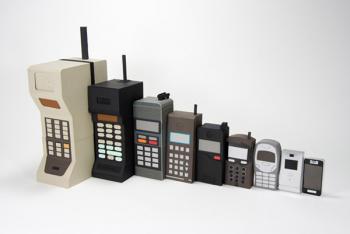 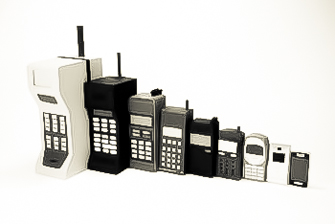 Censorship concerns lag behind
the fast pace of technological change
Another factor that deems the instrument of law somewhat useless in this context is the fact that the social media is closely tied to technological change. As this change is exponential in today’s context, shifts from one medium of expression to another are swift. New kinds of media (for example the internet) enter and exit the public sphere quickly. The laws concerned would thus have to keep up with this fast pace of technological and social change, a process that is not totally unfeasible but which, I believe, will become more and more difficult as the century proceeds.
Thus, if legislature is how one wishes to reach a balanced solution, not only are the current laws regarding the freedom of expression inadequate, but also there is never a chance of adequacy. On the other hand, an absolute abandonment of censorship is not feasible and nor is it, if achieved, qualitatively any different from an absolute censorship. Anything in its absolute is still a tyranny of the said thing. Neither need the negative implications of such a situation be explained. As it thus seems implausible to create clearly defined laws, let alone ones that evade the workings of power, and as any kind of absolute abolition or legalisation seems incompatible with the ideals and foundations of the modern state, at least in India, we need to look beyond legislative solutions to the problems of censorship and its converse, freedom of expression.

The initial step to be taken is to revisit certain terms such as freedom, expression and media. Freedom, in the current discourse is practically viewed as a judicial legitimisation, by the State, of an individual’s will: a social contract, a right ironically both inherent and allowed. To look at freedom in a more existential(ist) sense could be one of the many ways of reimagining the notion. Freedom in this sense is neither an intellectual fact nor a rational freedom that is stated in the constitution, but is a situated freedom that further rests within the society’s reciprocal perception of the actions that it leads to. Freedom is not to be arbitrarily expressed, but based still on laws, however self-prescribed in full knowledge of the remoteness of one’s decisions and the responsibilities they imply. This kind of freedom gives birth to authentic, committed expression, rather than a faceless, inauthentic existence in mass communication platforms, mass religious or political ideologies, etc. What is expressed is responsible, and due to its situatedness, expression shows discretion.
The internet, in this context, would be a field of inauthentic existence, although in a practical sense it could be a platform for the dissemination of individual authentic expression. Media, in this new, proposed outlook, is no longer restricted to public spheres, but becomes an entity of expression present at any level of society. Like the internet, this redefined notion of media does not require the nod of the critic, but the individual’s medium is ideally true to her own individual needs of expression. This redefinition happens neither in the public sphere (in mass-communication arenas) nor in the laws, but in the minds of individuals, and therefore requires a fundamental change in the sensibility of the society which would create an artistic disposition towards the question of expression, and authentic, unique expression would be qualitatively diverse. This is not to say that this form of expression is currently completely absent: the change would primarily be one of scale. This can only be brought about by fundamental transformations in the nature of education, as well as the creation of forces that help in its wider dissemination.
This education would entail artistically qualitative expression (and hence dear to the individual), making it the norm rather than the exception, keeping aside the rule of law. In practical terms, this would involve attempts to develop in students a holistic way of approaching their respective passions and interests, and not merely in fields considered ‘art’-based in the mainstream understanding of the word (fine arts, poetry, singing and so on). For example, an architect would have to, from the initial stages of her education, reflect on questions pertaining to what it means to build, to construct. The artistic disposition is thus closely related to a philosophical disposition. Further, simple engagements with tangible art (‘art’, once again not in the way it is generally conceived, but as a more open category including any work of passion – a pot, an essay, a question, a sown field) in the form of workshops for creative activities, group-explorations of their environment and so on, would ingrain this value amongst the students. Also, interacting with creators of various art-forms would expose the child to a world of multiplicity.
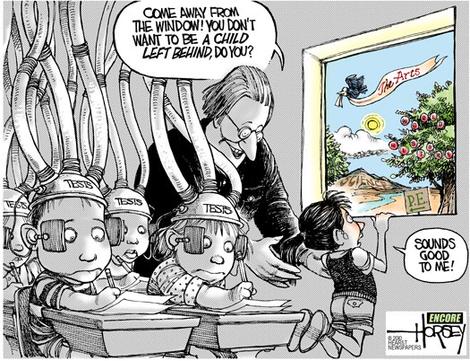 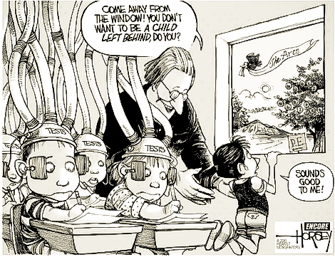 For a sensible education
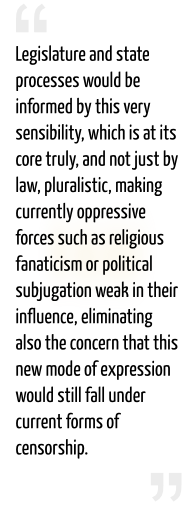
Unlike law, this sensibility need not be defined in concrete terms on paper, because it is based on a creative awareness and disposition, an attitude, rather than a norm. This does not mean that the rule of law is eliminated and the role of the state is abolished, as any new sensibility practically still has to function within the established state and other societal structures. Rather, legislature and state processes would be informed by this very sensibility, which is at its core truly, and not just by law, pluralistic, making currently oppressive forces such as religious fanaticism or political subjugation weak in their influence, eliminating also the concern that this new mode of expression would still fall under current forms of censorship.
There are elitist and at times simplistic undertones perceivable in this argument. However, it is not the privileged, in this case who decides what is creative or artistic, since ideally the redefined notion of ‘expression’ would hold at its core, subjective plurality. Also, the materialisation of this admittedly abstract reflection is an ambitious endeavour that would require indefinite time and resources. However, given that the other two options are either the complete abolition of censorship or the definition of laws to their most minute details, both implausible and requiring a huge amount of resources, it does not seem bizarrely farfetched.
|
